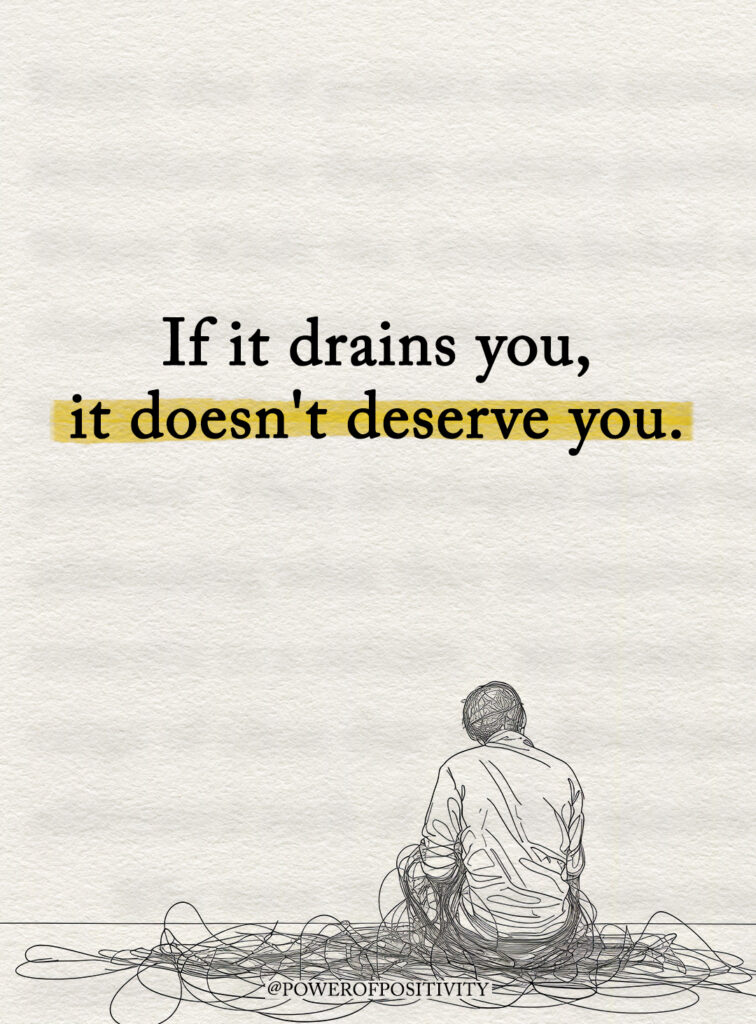It’s not easy to watch someone you love go through a dark time. When a friend is living with depression, you might feel unsure of what to say or how to help. Some days, they might seem fine, and other days, it feels like nothing can reach them. You want to help, but you don’t want to say the wrong thing. That mix of worry and helplessness is something many people face.
Depression doesn’t just affect the person who has it — it touches everyone around them too. It can change how they connect, communicate, and handle everyday life. Supporting them takes patience, understanding, and steady kindness. You don’t have to fix what they’re going through; you just have to show up.
Before you can help, it’s crucial to know what depression really is and how it affects your friend’s daily life.
Understanding What Depression Really Is
Depression isn’t just about feeling sad — it’s a real medical condition that affects the brain, body, and emotions. It changes how a person thinks, feels, and handles daily life. Someone living with depression might look fine on the outside, but inside, they’re fighting exhaustion, emptiness, and thoughts that won’t quiet down.
It’s not a lack of willpower or a bad attitude. Depression is linked to changes in brain chemistry, stress, genetics, and life events. It can affect anyone — no matter their background, faith, or strength.
Many people still believe someone can “snap out of it” if they try hard enough. But that’s not how depression works. It often affects:
- Sleep: Too much or too little rest
- Appetite: Eating less or more than usual
- Motivation: Losing energy for even simple tasks
- Relationships: Pulling away from loved ones
Once you understand what your friend is going through, you’ll be better equipped to recognize when they might need extra support.
Recognizing the Signs That Your Friend Might Be Depressed
Friends are often the first to notice when something feels off. You might sense that your friend is distant or not acting like themselves. Paying attention to these early signs can make a big difference for someone living with depression.
Common signs include:
- Withdrawing from social contact or canceling plans often
- Losing interest in hobbies or things they used to enjoy
- Expressing guilt, shame, or feeling like a burden
- Changes in sleep or energy — sleeping too much or barely at all
- Talking about hopelessness or saying life feels pointless
Normal sadness usually passes, but depression lingers for weeks or even months. When daily life starts to feel heavy and joy seems gone, it’s more than just a rough patch.
If these signs sound familiar, the next step is encouraging your friend to seek help — and doing so in a way that feels safe and respectful.
Starting the Conversation About Getting Help
It’s hard for many people living with depression to reach out for help. Shame, fear, or the belief that they should handle things alone can stop them from getting support. That’s why your approach matters.
When talking to your friend:
- Pick a calm, private moment to bring it up.
- Use gentle “I” statements: “I’ve noticed you’ve been quieter lately, and I’m worried about you.”
- Skip phrases like “Just think positive” or “You’ll be fine.” They can sound dismissive even if you mean well.
Sometimes, offering to help with small steps can make it easier:
- Help them look for a therapist or doctor.
- Offer to go with them to the first appointment.
- Write down questions they might want to ask.
Your friend might not be ready to open up yet — and that’s okay. Just letting them know you care can make a difference, especially if their depression deepens later on.
Watching for Warning Signs of Worsening Depression
Depression can change over time. A friend who was managing may suddenly seem worse, quieter, or more withdrawn. Spotting these shifts early can help prevent a crisis.
Warning signs of worsening depression include:
- Stronger feelings of hopelessness or guilt
- Talking about being a burden to others
- Skipping work, school, or responsibilities they once cared about
- Ignoring personal hygiene or safety
If you notice these changes, it’s time to act. Encourage your friend to reach out to their therapist, doctor, or a trusted family member. Help them create a safety plan that includes:
- Who to contact during a crisis
- Which hotline or emergency number to call
- A list of activities or coping tools that help
If you ever suspect your friend might be in real danger, understanding suicide risk could save a life.
Understanding Suicide Risk and What to Do
Suicidal thoughts are a medical emergency — not a personal choice or weakness. People living with depression may feel trapped in their pain and believe others would be better off without them. That’s why it’s important to take any sign of suicidal thinking seriously.
Warning signs include:
- Talking about death, dying, or wanting to disappear
- Saying goodbye or giving away personal items
- Expressing deep hopelessness or unbearable pain
Here’s what to do if you’re worried:
- Ask directly but gently: “Are you thinking about ending your life?”
- Stay calm and present: Listen, don’t argue or judge.
- Get professional help immediately: Call a trusted mental health provider, emergency services, or a crisis hotline like 988 in the U.S.
- Remove harmful items like medications or weapons if possible.
- Don’t leave them alone until help arrives or they are safe.
Talking about suicide won’t “put the idea” in their head — it shows you care enough to ask. That question might be the one thing that keeps them holding on.
Beyond those moments, continued emotional support can help your friend feel less alone in recovery.
How to Be There Without Taking Over
Once your friend is safe and supported, your job isn’t to fix them — it’s to walk beside them. Being there consistently helps rebuild their sense of trust and belonging.
1. Listen Without Fixing
Listening is more powerful than giving advice. Let your friend talk at their own pace. Instead of jumping in with solutions, say things like:
- “That sounds really tough.”
- “I’m here with you.”
Silence can be comforting, too. Sometimes they just need someone to sit beside them without words.
2. Offer Practical Help
Depression makes daily tasks feel impossible. Offering small, specific help can lighten their load:
- Drop off a meal or groceries.
- Help with errands or laundry.
- Drive them to an appointment.
Practical help shows love in action — it gives comfort without taking control.
3. Encourage Healthy Routines
Routine gives stability when everything feels uncertain. You can gently help your friend stick to simple habits:
- Eat balanced meals together.
- Take short walks or spend time outdoors.
- Keep sleep and wake times regular.
Encourage, but don’t push. Small, steady steps often make the biggest difference.
Just as important as caring for your friend is remembering to care for yourself, too.
Taking Care of Yourself While Helping Someone with Depression
Supporting someone living with depression can be emotionally heavy. You want to help, but it’s easy to forget about your own needs along the way.
Protect your mental health by:
- Setting clear boundaries — you can care deeply without being available every moment.
- Talking to someone you trust about what you’re feeling.
- Keeping up with your own hobbies, exercise, and rest.
Feeling guilty for needing space is normal, but it’s not selfish. You can’t pour from an empty cup. Taking care of yourself keeps you strong enough to keep showing up.
If you want to help in deeper ways, connecting with trusted mental health resources can guide you further.
Finding Reliable Resources for Support
It helps to know where to turn when you or your friend need extra support. Look for credible, professional sources that understand depression and recovery.
Some helpful places include:
- National Alliance on Mental Illness (NAMI) – support groups and free education programs
- Mental Health America – screening tools and practical guides
- Faith-based or local counseling centers – personal, community-based care
You can also learn through books, podcasts, or online programs from licensed experts. Always make sure the information is backed by mental health professionals, not opinion alone.
In the end, it’s not about perfect words or big gestures — it’s about staying kind, patient, and consistent.
Final Thoughts on Being a True Friend
Helping someone living with depression takes heart, patience, and compassion. It’s about showing up, not solving. Every text, call, or quiet moment of presence matters more than you realize.
Your care can remind someone that they still have value, even when they can’t see it themselves.
Empathy spreads — it encourages healing and hope.
You can’t carry someone else’s pain, but you can help them see they’re not carrying it alone. That’s what true friendship looks like — steady, real, and full of quiet strength.















